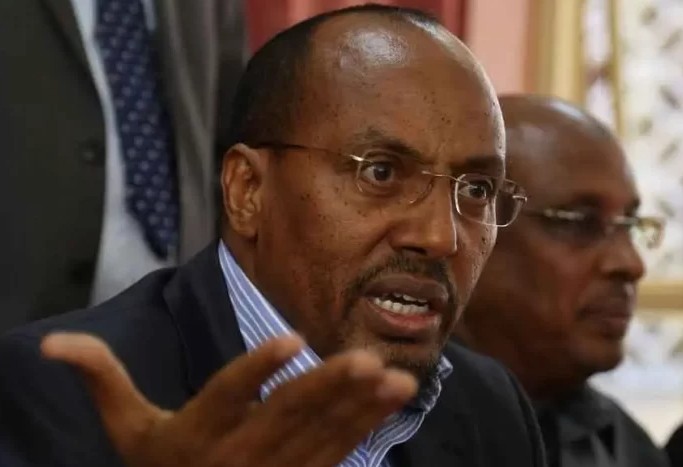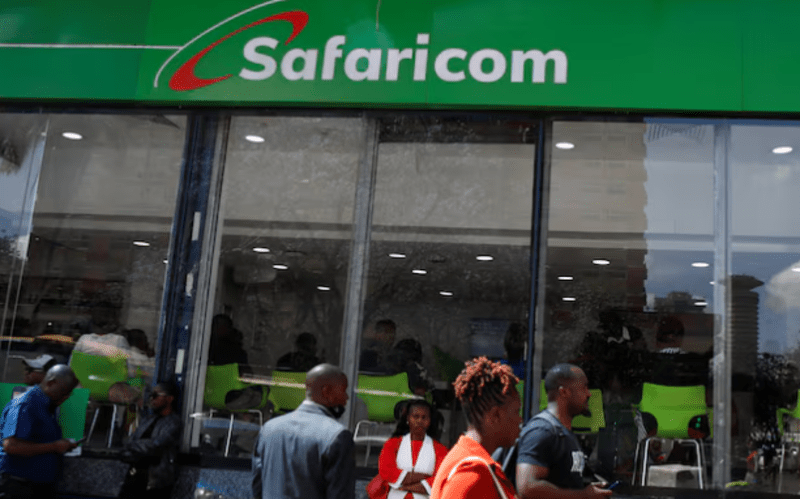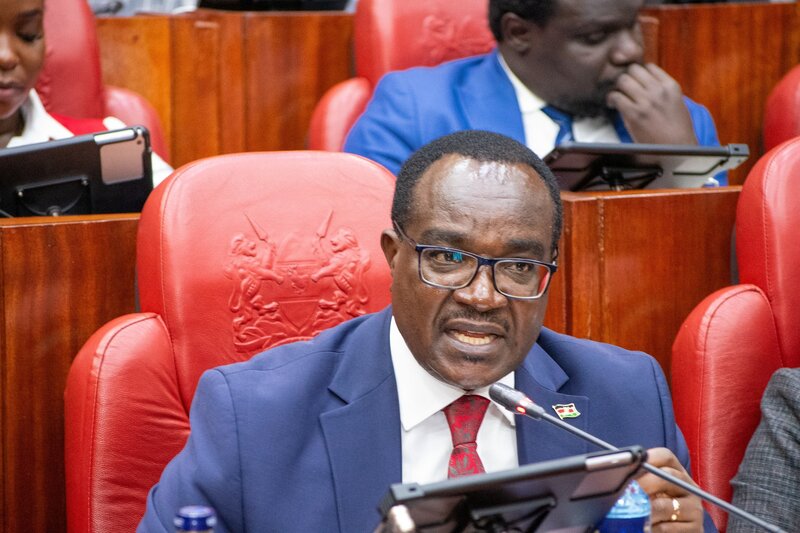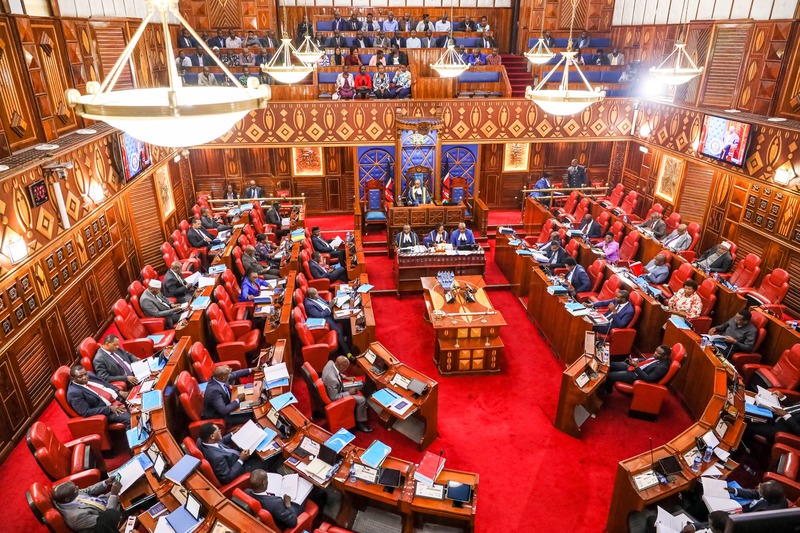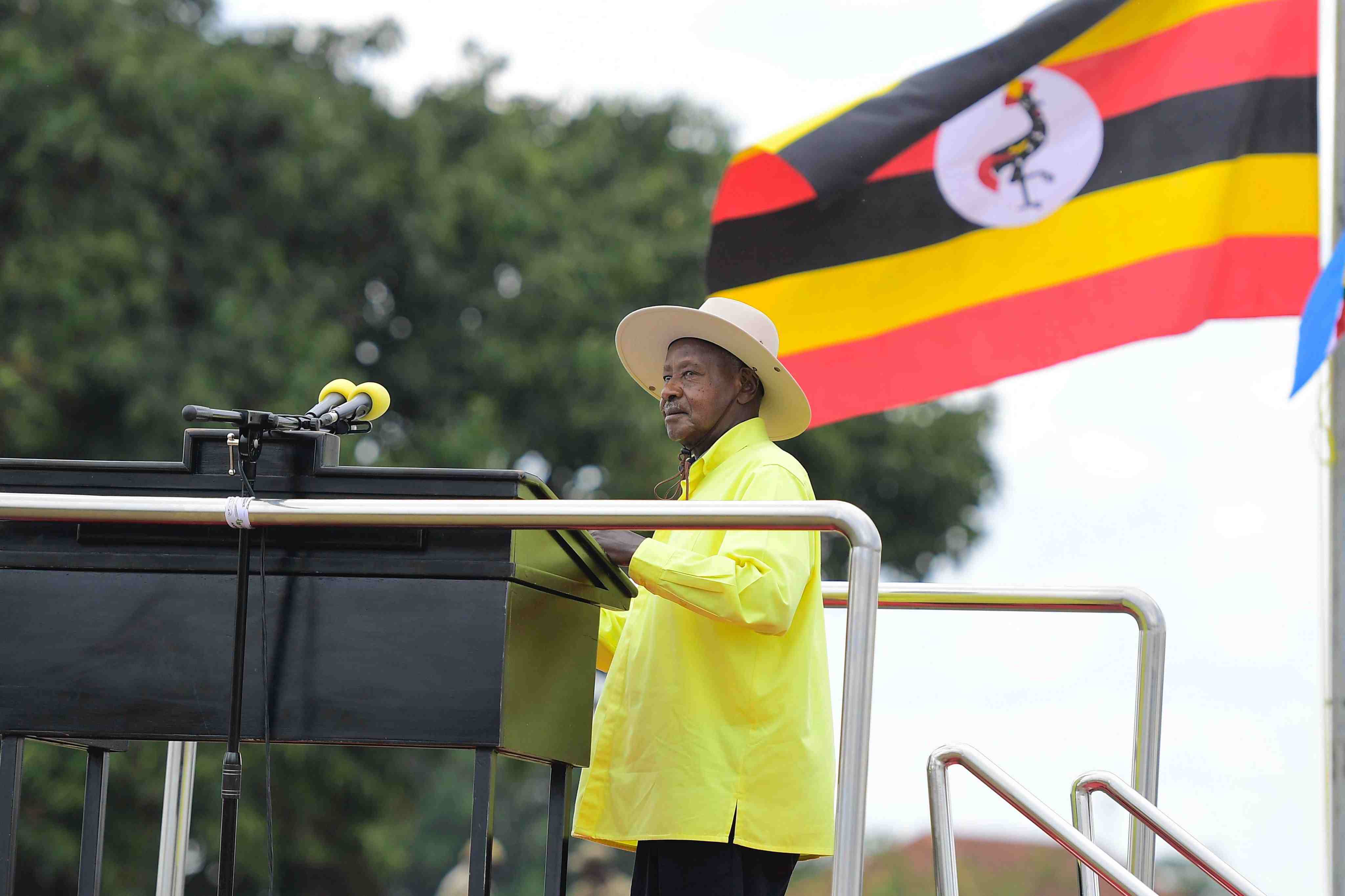Senate Bill outlines plan to achieve gender parity in Parliament

Cheruiyot said the Bill provides a clear mechanism to ensure that whenever either House fails to meet the two-thirds gender threshold, additional members will be nominated to achieve the required balance.
The Senate is considering a proposal that could reshape Parliament’s composition by introducing a formula to guarantee compliance with the two-thirds gender rule.
The Constitutional Amendment Bill (No. 2 of 2025), tabled by Senate Majority Leader Aaron Cheruiyot, aims to address long-standing challenges in ensuring equitable representation of men and women in both Houses.
More To Read
- Senate’s handling of Nyaribo impeachment raises questions on oversight role, procedures
- Senate targets KEMSA in plan to turn devolved institutions into executive agencies
- Senate convenes special sitting to hear Governor Nyaribo’s impeachment charges
- Senate summons Isiolo, Kericho governors for skipping audit hearings
- Governance Committee orders mandatory audit attendance for university heads
- Government to reunite 44,000 children in private orphanages with their families by 2032
Cheruiyot said the Bill provides a clear mechanism to ensure that whenever either House fails to meet the two-thirds gender threshold, additional members will be nominated to achieve the required balance.
“In the event the membership of the National Assembly and the Senate does not conform to the principle that not more than two-thirds of the members are of the same gender, there shall be nominated an additional number of special-seat members necessary to ensure that not more than two-thirds of the membership of the House are of the same gender,” he said.
Beyond gender balance, the Bill also seeks to increase the participation of persons with disabilities in governance by providing additional seats in Parliament, in line with the constitutional target of five per cent representation in all elective and appointive bodies.
The proposal further calls for changes to Article 90 of the Constitution to promote transparency in how political parties prepare their nomination lists.
It requires that party members be fully involved in the process through fair and democratic methods outlined in their constitutions and nomination rules.
According to Cheruiyot, political parties should also ensure that their party lists reflect the inclusion of marginalised groups as provided under Article 100 of the Constitution, depending on the nature and composition of the list.
The proposed amendment follows a recommendation made by President William Ruto in a 2022 memorandum to the Speakers of both Houses.
The President urged MPs to embrace reforms that promote inclusivity, strengthen parliamentary oversight, and make leaders more responsive to citizens’ needs.
Ruto explained that the formula would help achieve gender parity in the National Assembly, where one-third of the members would total 97.
With 47 women representatives and 26 women elected in constituencies, the nomination of 24 more women would bring the House into compliance. A similar calculation would apply in the Senate, which currently has 16 nominated women.
“I believe that trading off the increase in the parliamentary wage bill with the achievement of compliant inclusion of women in Parliament is eminently worthwhile. Another modality of achieving compliance is for political parties to deliberately embark on sustained, institutionalised and robust initiatives that facilitate the empowerment of women to successfully contest legislative seats in greater numbers,” Ruto said earlier.
However, the Parliamentary Budget Office (PBO) has raised financial concerns, estimating that the proposed changes could cost the country about Sh20 billion annually.
The PBO calculates that maintaining a single Member of Parliament costs an average of Sh30 million per year, including salaries, allowances, vehicle costs, and constituency office operations.
The report adds that running one constituency office costs about Sh12 million annually, while mileage claims average Sh6 million. If the number of MPs increases under the proposed formula, these costs are expected to rise significantly, putting extra pressure on public finances.
Top Stories Today




